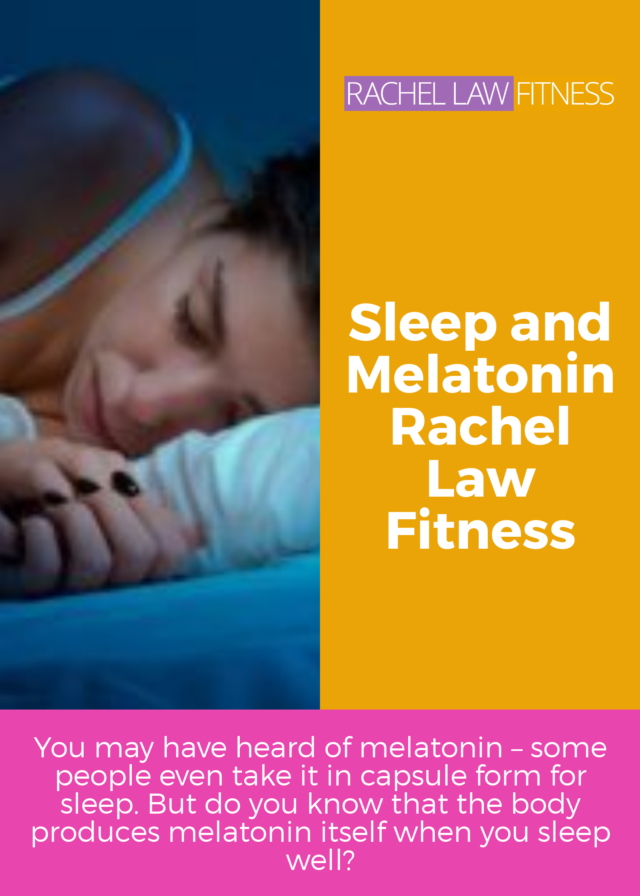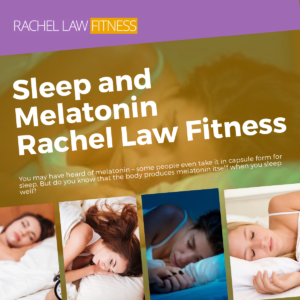You may have heard of melatonin – some people even take it in capsule form for sleep. But do you know that the body produces melatonin itself when you sleep well?
Here is some information about melatonin and how to optimise its production
Melatonin is a natural hormone made by your body’s pineal gland. During the day the pineal is inactive. When the sun goes down, the pineal is “turned on” and begins to actively produce melatonin, which is released into the blood. As a result, melatonin levels in the blood rise sharply and you begin to feel less alert. Sleep becomes more inviting. Melatonin levels in the blood stay elevated for about 12 hours – all through the night – before the light of a new day when they fall back to low daytime levels by about 9 am. Daytime levels of melatonin are barely detectable.
So now the weather has turned colder we may have put the heating on. Have you given much thought to the temperature at which you fall asleep?
It is good for our sleep to keep the temperature down in the bedroom.

Over a 24 hour period, our body temperatures naturally peak and decline. Our internal temperature is usually at its highest in the early afternoon and lowest around 5 a.m. When we fall asleep, our bodies naturally cool off. Helping keep your body get to that lower temperature faster can encourage deeper sleep.
For optimal sleep, specialists recommend a room temperature of between 60 and 67 degrees Fahrenheit (15-19 degrees C). During the onset of sleep, you become disengaged from your surroundings and your body temperature drops. Sleeping in a cool environment helps facilitate sleep at this stage. Turning the thermostat below 54 degrees (12C) or above 75 degrees (24C) can cause sleep disruptions.
Here are some scientific reasons why you should always try to sleep in a cool room:
Decreases insomnia
Research conducted by the University of South Australia suggests that sleeping in a cold room will result in a better night’s sleep and help cure insomnia. This is because the body’s core temperature actually needs to drop in order to initiate sleep.
Helps Your Body Release More Melatonin
Not only does melatonin tell your body it’s time to sleep, it’s a hormone that also promotes anti-ageing. The cold actually helps your body produce melatonin. Your room should be below 70 degrees F (21C), ideally between 60 to 68 degrees F (15-20), in order to encourage your body’s natural melatonin production.
Decreases Your Risk Of Metabolic Illnesses
Studies have shown that sleeping in a room that’s consistently 66 degrees F (19C) increases the amount of brown fat in the body. Brown fat allows your body to burn calories, not store them. This lowers the risk of metabolic diseases like diabetes.
Sleep Quality Is Better
During the night, if your room is too hot (or alternatively too cold), your body will have to work to regulate your temperature. Dr. Christopher Winter, Medical Director, Charlottesville Neurology & Sleep Medicine, says that cooler temperatures are linked to deeper sleep, whereas a hot environment “increases wakefulness and decreases slow-wave sleep”.
Look More Youthful
Increased melatonin is one of our best anti-ageing hormones.

Rachel Law is a personal fitness trainer based in New Malden, Surrey. Qualifications: ActivIQ Level 3 Personal Training; Burrell Education Pregnancy Exercise Prescription; Burrell Education Advanced Pregnancy Wellness Practitioner; Burrell Education Advanced Post Natal Exercise Prescription; Burrell Education 3rd Age Women Optimal Health and Nutrition; Burrell Education Peri Natal Athlete; Burrell Education Pelvic Flow and Freedom; Olympic Weight Lifting; Premier Global Kettlebells; FIE Level Assessment and Mentoring


